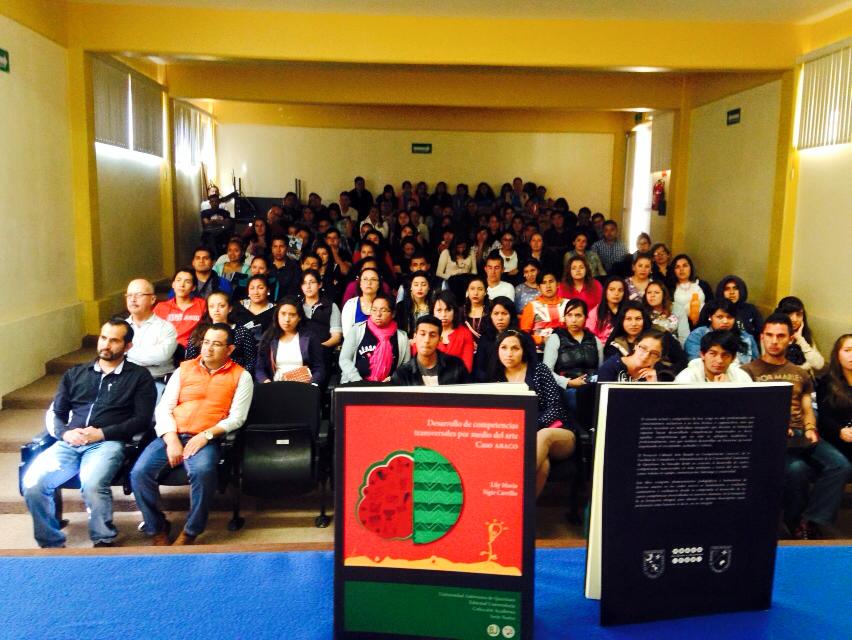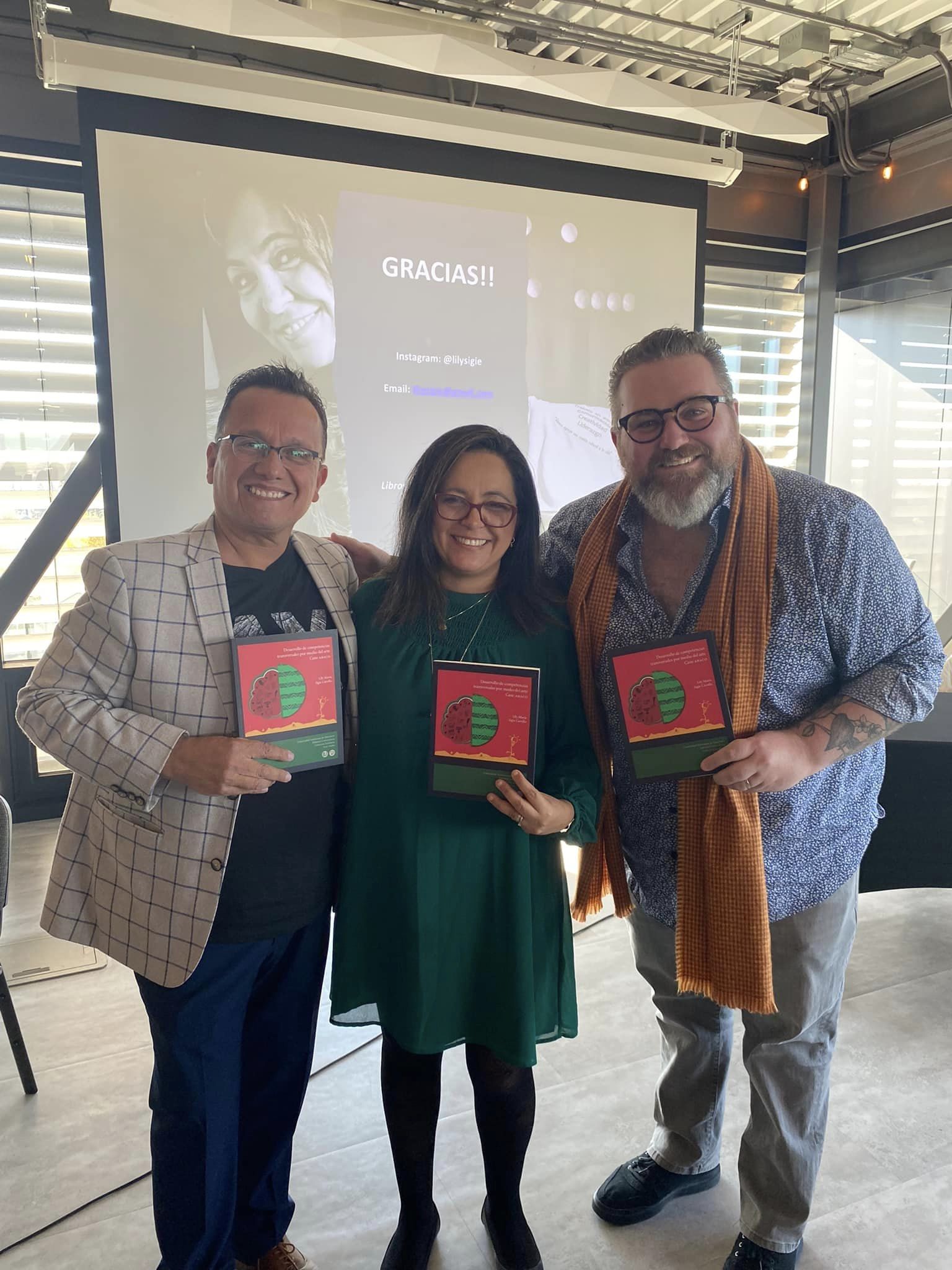Development of Soft Skills through Art: ABACO Case Study
Book
Book
———————
The book “Development of Soft Skills through Art: ABACO Case” is a case study that explains how the program Art Based in Competences “ABACO” of the Faculty of Accounting and Administration (FCA) of the Autonomous University of Queretaro (UAQ) in Mexico seeks the comprehensive education through development of four soft skills: Teamwork, communication, leadership and creativity, recognizing art as a valuable tool to not only develop soft skills in the individual but also to incorporate different artistic disciplines into other content not exclusive to art.
Through this case study, the author quantitatively and qualitatively verifies the hypothesis of the ABACO program: “Art is a good way to develop soft skills at a level of Higher Public Education and within Accounting and Administrative areas.”
Chapter 1: Introduces the social context of education in Mexico at the end of the 20th century and the beginning of the 21st. A political and social framework in public education in Mexico was current at the time of this first edition (2015).
Chapter 2: Explains the fundamentals on which this research is based are mentioned with the theories and positions regarding comprehensive education from UNESCO with its humanistic and social approach and concepts of four of the leading authors in this research: Jacques Delors, with “The Four pillars for education,” Edgar Morin with his “Seven pieces of knowledge for the education of the future,” Howard Gardner with his “Multiple Intelligences” and Talcott Parsons with “The basic components of comprehensive training.” In addition, a general context of the difference between generic and transversal skills is provided, and it is reflected on whether art in higher public education until that moment had been taken as a tool or rather a pretext in that ecosystem.
Chapter 3: Addresses the beginnings of the ABACO program and how it arises within a public educational ecosystem and in an accounting and administrative school. The challenges, successes and opportunities that had been had until that moment.
Chapter 4: Explains the study’s quantitative and qualitative analysis, providing graphs and the results that this yielded based on the LIKERT Scale.
It is expected that at the end of this reading, this successful case study and program can inspire the reader to foster a comprehensive education through art within other communities and ecosystems, no matter the location.
In its almost 15 years, the ABACO program has positively impacted a population of students already part of Queretaro’s labour sector with soft skills developed by art. This book is an invitation to learn about this success story and seek to implement programs like this in institutions of Higher Education, no matter the location.
The printed Spanish version was published in November 2014 by the University Press UAQ with 1000 copies for distribution and sale.
The electronic English version was finished in January 2024 with the support of Calgary Arts Development (CADA) as part of the Artist Development Microgrant 2023.
Book Presentations
Printed Version
Book Presentations
Ebook Version
Geraldine Ysselstein Artist, Facilitator and Art Consultant.
Aliza Sarian Artist and Art Educator.










